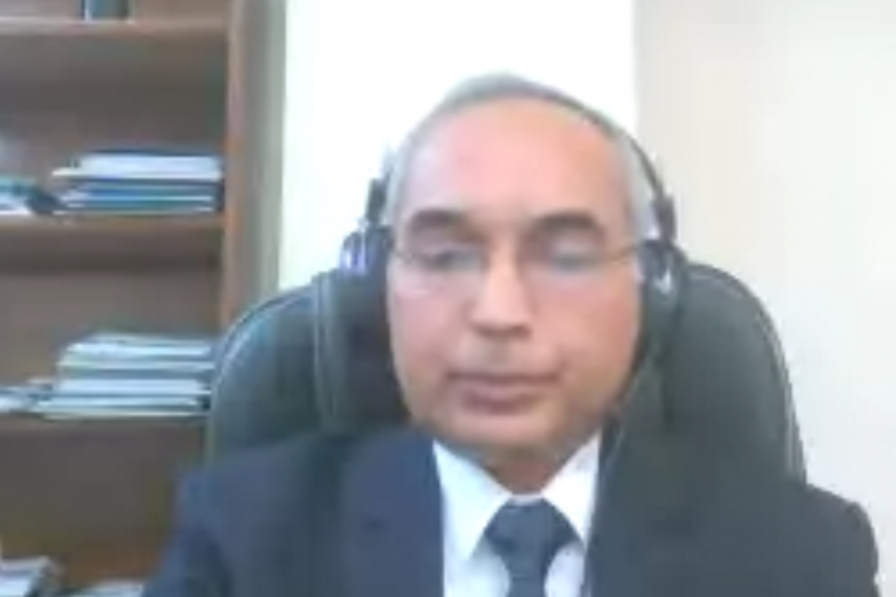On the last day of CRIC 19, delegates finalized discussions on the interim report of the Intergovernmental Working Group (IWG) on drought. In her response, Gunilla Björklund, IWG Chair, thanked delegates for providing concrete suggestions, including a proposal to establish an interagency mechanism on drought under the UN Environmental Management Group, and calls for the report to analyze links between drought, and land and soil degradation. Highlighting suggestions to make a stronger economic case for drought mitigation, she stated that the IWG will benefit from an ongoing partnership of the World Meteorological Organization, the Global Water Partnership and the World Bank addressing the economics of drought preparedeness.
The CRIC Rapporteur then presented the draft report of the meeting, inviting parties to submit further recommendations for a period of two weeks, following which a final version will be made available online.
In his closing remarks, Ibrahim Thiaw, UNCCD Executive Secretary, noted concerns that the global pandemic has shrouded the timelines for COP 15 in uncertainty. He noted opportunities to unlock the food production potential of vast areas if parties deliver on their commitments to restore up to one billion hectares of land currently pledged under various national, regional and global initiatives, and stating the Secretariat's readiness to provide support to parties. Thiaw called successful sustainable land managers, smallholder farmers who commit to careful use of natural resources while growing more food on less land, and rangers who protect the beautiful natural tourist destinations the unsung heroes of the global economy. He described healthy land as “our real collective capital,” in creating a post-pandemic world of peace, prosperity and equity.
During closing statements, some regional groups reiterated calls for establishing a legally-binding international framework on drought, while others maintained existing frameworks provide sufficient guidance to countries and would mean duplication of efforts and resources. All parties welcomed further engagement with the private sector to increase financial resources and focus energy on “building back better” from the pandemic. The importance of securing access to land for women and stronger implementation of the Gender Action Plan, especially recognizing that women suffer more under COVID-19, was further highlighted.
The Committee adjourned its session with closing remarks from Acting CRIC Chair Ahmed Senyaz (Turkey), and Jigmet Takpa (India) on behalf of the Presidency of the 14th session of the Conference of the Parties (COP 14).
Following the closing session, a short award ceremony convened to announce the winner of the Intergovernmental Group on Earth Observations (GEO) Land Degradation Neutrality (LDN) technology innovation award. The award of USD 100,000 was presented to Team N, for designing a land-use planning solution for LDN.




